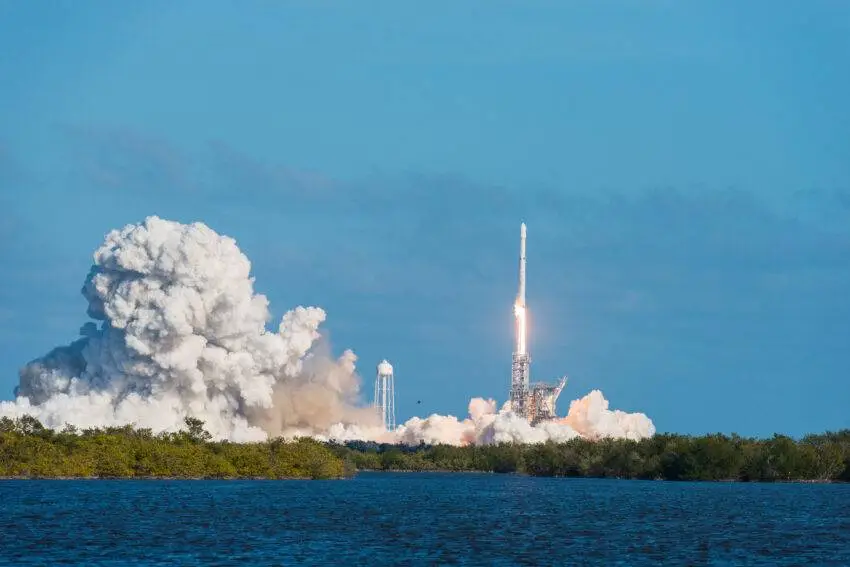The British space sector is experiencing rapid growth, bolstered by significant government funding. New initiatives and financial support are helping UK space companies to compete on the global stage.
With the global space industry projected to be worth $1.8 trillion by 2035, the UK’s investment in space technology could yield substantial economic benefits. Approximately 17.7% of the nation’s GDP is underpinned by satellite navigation and communication systems.
Emerging Space Start-Ups
The UK space sector is predominantly made up of small businesses. About 90% of the 1,590 businesses in the sector generate less than £5 million in revenue. While giant companies like SpaceX capture headlines, it’s these smaller players that form the backbone of the industry.
Financial support from the UK government has been crucial in helping these start-ups grow. Initiatives like the Space Clusters Infrastructure Fund (SCIF) have awarded millions to projects to assist in securing additional private funding and expanding operations.
Significant Funding Initiatives
The SCIF is a significant initiative, awarding £47 million to 12 projects last year alone. This fund helps small and medium enterprises (SMEs) secure additional private funding and expand their operations.
For instance, Bristol-based iComat received £4.8 million to build an automated factory in Gloucester. Founded in 2019, iComat specialises in manufacturing carbon fibre composite parts for spacecraft, planes, and Formula 1 cars. This support was instrumental in attracting further venture capital.
Innovative Approaches
iComat’s unique process was developed during Evangelos Zympeloudis’s PhD. It allows for the production of curved carbon fibre parts that are much lighter than traditional composites.
Their innovative approach results in parts that are 10 to 65% lighter than traditional ones. This innovation recently attracted $22.5 million in venture capital funding, led by Texas-based 8VC.
Zympeloudis noted that funding from the UK Space Agency (UKSA) was crucial in securing this investment. It provided the production capacity and facilities needed to demonstrate their technology effectively.
Magdrive’s Electric Propulsion Systems
Magdrive, located at the Harwell science campus near Oxford, received £1.8 million from SCIF to build a testing facility. This facility, which costs £3 million, is dedicated to testing their electric propulsion systems designed for moving satellites in space.
Founded in 2020, Magdrive plans to launch its first thrusters aboard a SpaceX Falcon 9 rocket in 2025.
Potential Beyond Rocket Launches
While the UK does not currently host rocket-launch companies, British firms have significant potential to produce satellites, components, and maintenance tools.
Lodestar, a start-up founded in 2023, exemplifies this potential by developing a robotic arm for handling small satellites. It has raised $1.5 million in grants and venture capital to advance this technology. This funding enables UK companies to compete internationally despite high costs.
Competing with Global Rivals
The high cost of validating technology in space remains a significant challenge for SMEs. However, funding from the UKSA plays a vital role in enabling UK companies to compete with their well-funded US rivals.
According to Zympeloudis of iComat, this financial support is crucial for small companies to gain a competitive edge.
Future Prospects
The future looks promising for British space companies. With continued government support and innovative approaches, these businesses are well-positioned to make significant contributions to the global space industry.
Government support has been instrumental in the growth of the UK’s space sector. With ongoing funding and innovative approaches, UK space companies are set to achieve remarkable milestones.
The strategic investments in the industry not only help these companies grow but also position the UK as a significant contributor to the global space economy.

